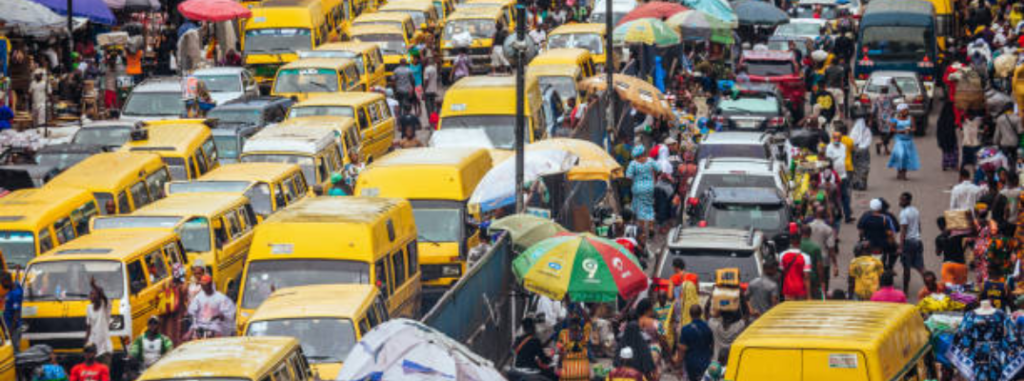“Of the poorer- scoring cities, eleven occupy the very bottom tier of Love ability, where ratings fall below 50% and most aspects of living are severely restricted.” – The Economist Intelligence Unit
So, I came across the 2018 Global Livability index from The Economist and it’s really not exciting news for Africa. Of the 11 least Liveable cities, 8 of them are African cities. Lagos ranked 138 out of the 140 countries that were surveyed. What’s funny is that despite the overall increase in liveability globally in all five categories of up to 0.9% in the last year, African Cities still did poorly. The categories used are Infrastructure, stability, education, healthcare, and culture and environment.

Looking through the data, you’d notice the following: none of the least ranked cities was able to break through the 50% benchmark for any of the categories outlined. The Economist argues that conflict which is prevailing in most of the least ranked cities is responsible for many of the scores. They go on to argue that a city that isn’t stable can spread to have an adverse effect on other categories. This simply means that African Cities need to do more. Cities prone to conflict – either directly or indirectly – would have to make conscious efforts, and seek help if need be to resolve such conflicts because until that is done, progress in such city can never be sustainable.
Lagos recorded it’s lowest score in Stability – Lagos actually scored the least amongst its African counterparts in the stability index; Cameroon scored the highest with 60%. This was followed by Education(33.3%), despite all efforts and funds the state Government is putting into developing infrastructure when compared to other states, it’s still doesn’t reach the benchmark – at least yet.
Lagos scored the highest in Culture and Environment (53.5%). Sub parameters used to check this option are a level of corruption, social or religious restrictions, food and drink (owambe and the Nigerian party jollof), consumer goods and services, sturvs of that sort.
It’s really not all sad for African Cities though: Abidjan (ranked 124) topped the list for the top 5 biggest improvers in the last 5 years with an improvement of 6.3%. Their ranking is still poor, but at least we’re making progress, which is whats important at this time.

For the best-ranked cities, The Economists suggests a correlation between them. According to the data sourced, it appears that several of the cities in the top 10 has a relatively low population, and they also tend to be mid-sized cities in wealthier countries. The obvious outcome is a fostered range of recreational activities without leading to high crime levels or overburdened infrastructure or high crime levels.

Anyways, you can download the Free Report from here.
But if you’re interested in the paid full version, you can find it here.

